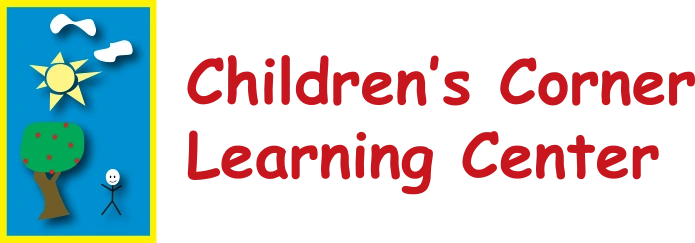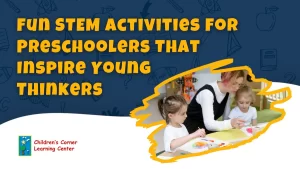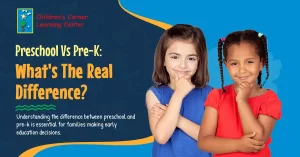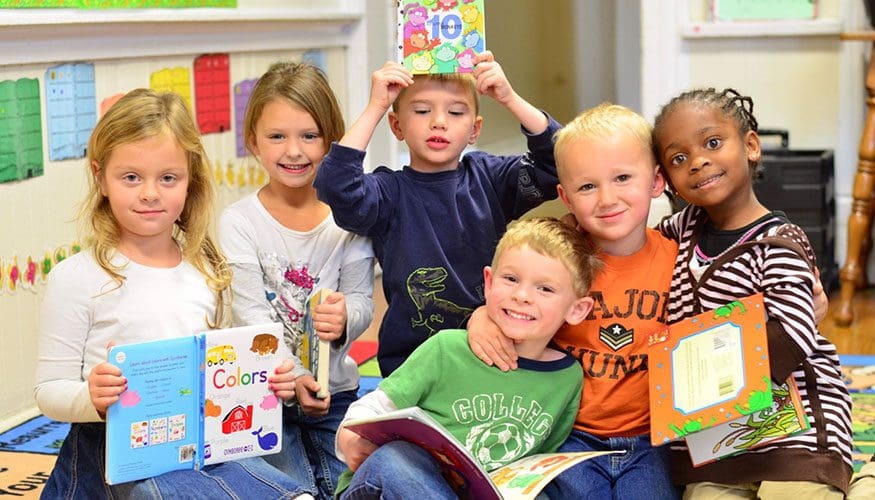Deciding on preschool enrollment is a big step in your child’s early education journey. Preschool is more than just a place for children to play—it lays the foundation for academic success, social development, and essential life skills. The right preschool experience helps children build confidence, independence, and a love for learning that lasts a lifetime.
From structured routines to hands-on activities, preschool introduces young learners to an environment where they can explore, create, and interact with peers meaningfully. If you’re wondering whether enrolling your child in preschool is the right choice, understanding the benefits can help you feel confident.
1. A Smooth Preschool Registration Process for Families
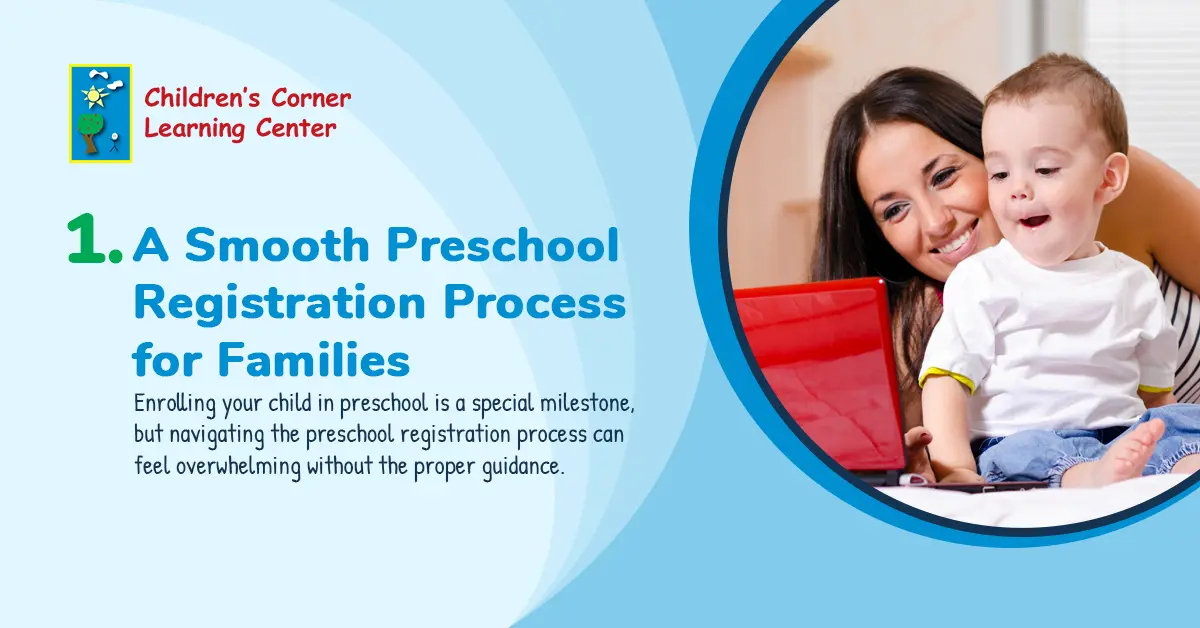
Enrolling your child in preschool is a special milestone, but navigating the preschool registration process can feel overwhelming without the proper guidance. Knowing what to expect and getting ready in advance can make the process seamless, ensuring your child gets a spot in the best program for their needs.
Steps to Register for Preschool
Most preschools follow a structured enrollment process, and understanding each step can help parents avoid last-minute stress.
- Research Schools Early: Explore options months in advance to compare programs, tuition, and schedules.
- Check Enrollment Requirements: Many preschools have specific age cutoffs, potty-training requirements, or vaccination policies.
- Gather Necessary Documents: Common requirements include birth certificates, immunization records, and emergency contact details.
- Submit an Application: Fill out forms accurately and submit them before deadlines to secure your child’s spot.
- Schedule a Visit or Interview: Some schools require in-person meetings or assessments to ensure a good fit.
Parents can simplify the registration process and avoid common delays by following these steps.
Standard Preschool Registration Deadlines and Waitlists
Preschool enrollment periods vary, so staying informed about deadlines is essential. Many high-demand programs fill up quickly, and some schools use waitlists when spots are limited.
- Rolling Enrollment: Some preschools accept applications year-round based on availability.
- Seasonal Deadlines: Others have strict deadlines, often in early spring for fall enrollment.
- Waitlist Policies: Ask about waitlist procedures and alternative options if a preschool is full.
Planning and staying organized can help families secure a smooth preschool transition for their children.
2. Academic and Social Growth: Early Childhood Education Benefits

Preschool is more than just playtime—it provides a strong foundation for lifelong learning. The early childhood education benefits children receive extend beyond academics, shaping their cognitive abilities, social skills, and emotional development. A well-structured preschool program helps young learners gain essential knowledge while teaching them how to interact positively and meaningfully with others.
Building Strong Academic Foundations
A quality preschool program introduces children to early literacy, math, and problem-solving abilities in a fun and engaging way. Through hands-on activities and structured lessons, children develop a love for learning while building the skills needed for kindergarten and beyond.
- Early Literacy Skills: Exposure to letters, sounds, and storytelling fosters language development.
- Basic Math Concepts: Counting, shapes, and patterns help develop early numeracy skills.
- Critical Thinking and Problem-Solving: Interactive activities encourage logical reasoning and decision-making.
These early academic experiences create a strong educational foundation, making forthcoming learning more accessible and enjoyable.
Developing Social and Emotional Skills
Preschool provides a structured setting where children learn to interact with peers, express emotions, and navigate social situations. These early experiences help shape their ability to communicate, collaborate, and manage emotions effectively.
- Peer Interaction: Learning to share, take turns, and work in groups builds cooperation skills.
- Confidence and Independence: Engaging in structured routines fosters self-reliance and responsibility.
- Emotional Regulation: Teachers guide children in understanding and managing their feelings positively.
Early childhood education prepares children for a bright and prosperous future by fostering academic and social growth.
3. How to Choose the Best Preschool for Your Child

Selecting the right preschool is a big decision that sets the stage for your child’s early learning journey. Choosing the best preschool involves considering key factors like curriculum, teacher qualifications, and the overall learning environment. A well-chosen preschool provides the foundation for academic success and social growth, ensuring your child feels safe, engaged, and excited to learn.
Key Factors to Consider
Not all preschools are the same, so evaluating different aspects of each program is essential to finding the finest fit for your child’s needs.
- Curriculum Approach: Look for a balanced program with structured learning, hands-on play, and social interaction.
- Teacher Qualifications: Experienced educators with early childhood certifications create a nurturing and developmentally appropriate environment.
- Class Size and Student-Teacher Ratio: Smaller classes allow for more personalized attention and interactions.
- Safety and Cleanliness: A well-maintained facility with clear safety policies ensures a secure learning environment.
- Daily Schedule and Flexibility: Consider whether the school’s hours, activities, and structure align with your family’s routine.
Evaluating these factors can help you feel confident in your preschool choice.
The Importance of Visiting and Asking Questions
Before deciding, visiting potential preschools allows you to see the learning environment firsthand and interact with teachers and staff.
- Observe Classrooms: Watch how teachers engage with students and manage activities.
- Ask About Discipline and Conflict Resolution: Ensure their approach aligns with your parenting philosophy.
- Inquire About Parent Communication: Schools with open communication foster strong family-school partnerships.
Exploring your options ensures you find a preschool where your child can thrive and build a strong educational foundation.
4. Developing a Love for Learning Through Play and Exploration
ChildrensCorner_blog_March2025_01_img04.png
Children are naturally curious, and preschool provides the perfect environment to nurture their excitement for learning. Through hands-on activities, creative play, and exploration, young learners develop essential cognitive and problem-solving skills in a fun and engaging way. A well-structured preschool program balances academic learning with child-led discovery, ensuring every child builds a strong foundation while enjoying the process.
The Role of Play in Early Learning
Play is one of the most effective ways for children to absorb new information and develop essential life skills. Play-based learning fosters creativity, critical thinking, and structured or freeform collaboration.
- Imaginative Play: Role-playing games help children develop storytelling skills and emotional intelligence.
- Sensory Activities: Hands-on experiences with textures, colors, and sounds stimulate brain development.
- Physical Play: Movement-based activities enhance motor skills and encourage a healthy lifestyle.
These activities make learning enjoyable and memorable, reinforcing key concepts through real-world experiences.
Encouraging Exploration and Curiosity
An excellent preschool environment encourages children to ask questions, explore their surroundings, and develop a natural love for discovery. Teachers create opportunities for hands-on learning that build problem-solving skills and confidence.
- STEM Exploration: Simple science experiments and building activities introduce early engineering concepts.
- Outdoor Learning: Nature walks and gardening experiences connect children with the world around them.
- Art and Music: Creative expression enhances cognitive skills and allows children to communicate in new ways.
By fostering curiosity through play and exploration, preschools help children develop a lifelong love for learning, setting the stage for future academic success.
5. Enhancing Independence and Confidence in Young Learners

Preschool is a child’s first step toward becoming more independent. In a structured yet nurturing environment, young learners develop confidence as they navigate new experiences, make choices, and complete tasks independently. Encouraging independence at an early age helps children build self-reliance, problem-solving abilities, and a sense of accomplishment that prepares them for future success.
Fostering Self-Sufficiency Through Daily Routines
Preschool introduces children to structured routines that teach them responsibility and encourage self-help skills. These small but meaningful tasks help children develop independence in a supportive setting.
- Taking Care of Belongings: Children learn to pack their bags, put away toys, and manage personal items.
- Following a Schedule: Predictable routines help children transition between activities with confidence.
- Completing Simple Tasks: Serving snacks, washing hands, and tidying up build responsibility.
Preschoolers gain control over their environment and daily actions by participating in these activities.
Building Confidence Through Decision-Making
Encouraging children to make choices in a safe environment helps them develop problem-solving skills and trust in their judgment. Preschool programs provide chances for children to explore options and express their preferences.
- Choosing Activities: Letting children pick between books, games, or art projects fosters decision-making.
- Expressing Opinions: Encouraging children to share thoughts in discussions builds self-assurance.
- Trying New Challenges: Activities that encourage small risks, like climbing or puzzles, develop resilience.
With every decision they make, young learners build the confidence to navigate new experiences, solve problems, and take on challenges with a positive mindset.
6. Preparing for a Bright Future Beyond Preschool

Preschool is more than just an early learning experience—it’s the first step in shaping a child’s future. A high-quality preschool program helps children develop the academic, social, and emotional abilities needed for a smooth transition to kindergarten and beyond. By boosting curiosity, independence, and a love for learning, preschool lays the foundation for lifelong success.
Developing Essential School-Readiness Skills
A structured preschool environment helps children build the fundamental skills needed for elementary school. From early literacy to classroom behavior, preschool prepares them for the expectations of a more formal education setting.
- Early Literacy and Math: Recognizing letters, numbers, and basic math concepts strengthens cognitive development.
- Classroom Behavior: Following instructions, listening to teachers, and working in groups prepare children for structured learning.
- Fine and Gross Motor Skills: Cutting with scissors, writing, and running develop coordination and dexterity.
These foundational skills help children feel confident and prepared as they enter kindergarten.
Instilling a Lifelong Love for Learning
Beyond academics, preschool encourages children to be curious, engaged learners who take pride in discovering new things. A positive early learning experience fosters enthusiasm that lasts well beyond preschool years.
- Encouraging Exploration: Hands-on activities promote curiosity and problem-solving.
- Building Resilience: Facing small challenges teaches perseverance and adaptability.
- Creating a Growth Mindset: Praising effort over outcomes fosters a love for learning.
With a strong preschool foundation, children develop the confidence, skills, and excitement to embrace future learning opportunities enthusiastically.
Conclusion
Enrolling your child in preschool is one of the ultimate decisions you can make for their future. From developing essential academic skills to building confidence and independence, the benefits of early education last a lifetime. A nurturing preschool environment helps children grow socially, emotionally, and intellectually—preparing them for the exciting journey ahead. When children feel supported, encouraged, and inspired to learn, they build a strong foundation that sets them up for success in school and beyond.
At Children’s Corner Learning Center, we believe in creating an enriching and joyful learning experience where every child thrives. Ready to give your little one the best start? Schedule a tour today and discover how our programs can help your child shine! Call us at (800) 933-7757 or visit our booking page. We can’t wait to welcome your family!
